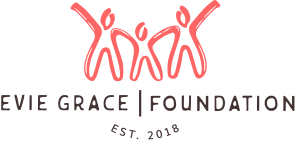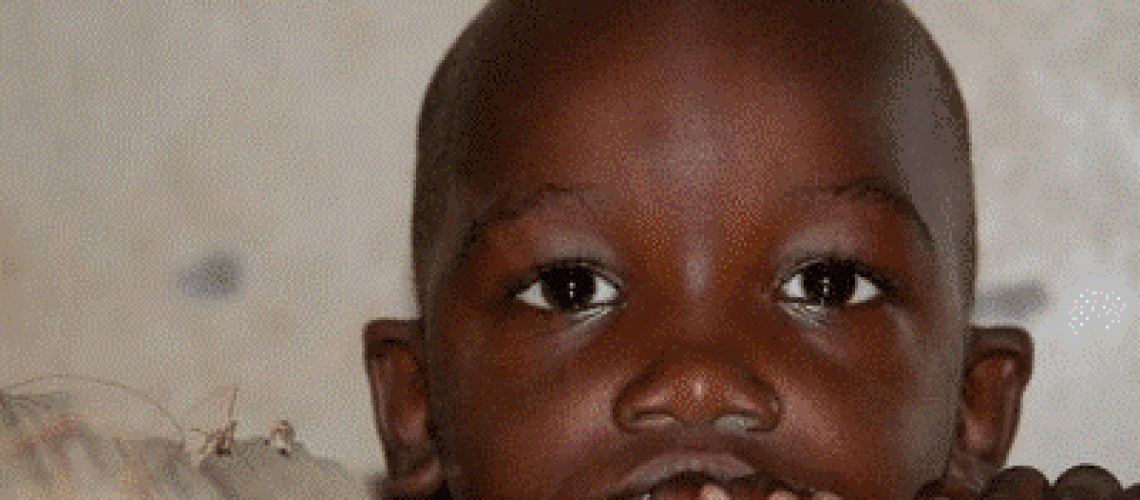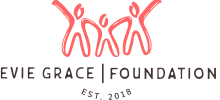“Will we die of hunger?”
“Should we wear a mask or not?”
“How do we sanitise our hands?”
“I haven’t eaten in days; who will help us?”
“What is this thing called Corona?”
“Our parents died; we have nowhere to go.”
“Is it going to get any better?”
“Why are the shops closed these days?”
“Why would they beat us if we stay here at night?”
These are some of the countless questions asked by street children in East Africa that are yet to be appropriately answered, thereby creating fear, confusion, and uncertainty among them.
It is heartbreaking to see them on the sides of streets lying in the garbage or unpopulated dwellings, being unaware of the measures to keep themselves safe or reduce their vulnerability to the virus.
No words are enough to explain the sad reality of life for these children with no safe place to go during the curfew since all the shops, restaurants, and hotels closed. Often, they are beaten by authorities if seen on the roadside. They are left out to fend by themselves, travelling long distances each evening to slums to avoid police harassment at night.
Life was somewhat easier for them before the pandemic. Tourists, street vendors, and commuters meant people to beg from, and places to seek leftovers. Now with no one around, hunger, isolation, and vulnerability prevail.
Many of these children are affected physically and psychologically in various ways due to COVID, including but not limited to:
- Fear of dying
- Fear of the virus
- Fear of medical treatment
- Fear of authorities
- Anxiety
- Stress
- Angry
- Loneliness
- Insecurity
- Distress
Physical effects mostly include sexual abuse and beatings by drug cartels and authorities. Malnutrition is an ongoing issue for them even before the pandemic and is just now becoming worse.
Most of the males engage in drugs and petty crimes whilst girls commit to sex work. Because of the prominent network behind these activities, it is tough for the government to get everything under control. Even if officials do end up arresting them, they do not disclose any information and are willing to go to jail as they could receive free food and necessary supplies.
It is strange to think that even people who have committed horrible crimes can survive the Coronavirus in prisons but not innocent children aged between 4 and 6 years old living a tough life on the street. They often became drug carriers for cartels, which can inevitably shape their futures. To keep drugs hidden from authorities, they are violently inserted into the private parts of these children to avoid detection, and thus many have suffered severe internal injuries.
Even with constant NGO support, counselling sessions take a long time for children to feel safe enough to open up and talk about the challenges they have faced in their young lives and settle back into a good life. Many organisations are taking advantage of the situation by providing food and essential supplies to these children. However, these efforts are somewhat undermined when documenting these children’s lives on social media platforms in the hope of gaining large donations takes energy away from conducting programmes to help save these children.
Support from the government is much needed during these challenging times, by providing temporary or permanent shelter to these children in need. However, the lived discrimination faced by street children at the hands of those supposedly there to protect them creates a barrier to receiving support from the authorities.
Supporting hard-working NGOs during this time can undoubtedly play a crucial part in helping these children, as will advocating for families and children to stay safe.
Implementing higher mandatory minimum wages across the country so that parents do not have to work many different jobs or even make their kids work to pay their bills will help prevent children from having to roam the streets during this difficult time.
Earning more money by working fewer hours would allow them to be at home to raise their kids properly and keep them off the street during the pandemic. We hope for the sake of these children that the pandemic situation stabilizes soon so that their circumstances can improve.
Evie Grace Foundation helps support as many families on the streets as we can by providing essential supplies, including food, nappies, face masks, and menstrual kits. Providing these care packages is one way we have been able to help during these difficult times, but we are always aiming to offer long-term, life-changing solutions for the children we support. Because living on the street isn’t an option for anyone.
Please donate to make a difference and make an impact. We need your support now, more than ever!
Please check out our other blogs on street children in different countries in East Africa: Street Children in Tanzania, Challenges of street children in Kenya, Street Children in Uganda, Street children in Malawi, and the measures that should be taken to rescue and help them.
Reference:
https://www.theguardian.com/global-development/2020/apr/15/will-we-die-of-hunger-how-covid-19-lockdowns-imperil-street-children
https://www.the-star.co.ke/news/big-read/2020-07-30-how-covid-19-is-changing-the-lives-of-street-children/
https://www.euro.who.int/en/health-topics/health-emergencies/coronavirus-covid-19/news/news/2020/3/mental-health-and-psychological-resilience-during-the-covid-19-pandemic#:~:text=Children%20are%20likely%20to%20be,mental%20well%2Dbeing.
https://eviegrace.org/street-children-in-tanzania/
Written by: Chandini Balla


